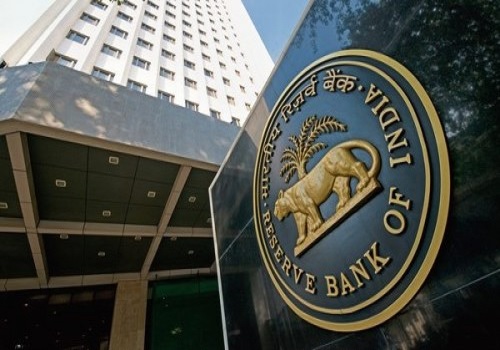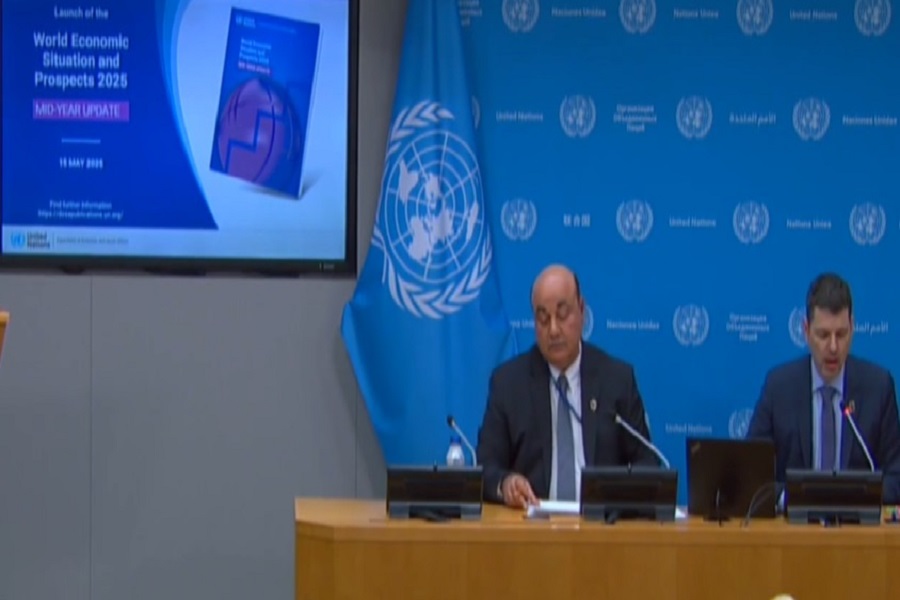Cryptocurrencies threaten financial sovereignty, need to be banned: RBI’s Deputy Governor

Making a strong case for banning cryptocurrencies, Reserve Bank of India’s (RBI’s) Deputy Governor T Rabi Sankar has said they are even worse than Ponzi schemes and threaten the financial sovereignty of a country. Observing that crypto-technology is underpinned by a philosophy to evade government controls, he said they have been specifically developed to bypass the regulated financial system.
He stated cryptocurrencies can wreck the currency system, monetary authority, banking system, and in general the government's ability to control the economy. He noted ‘We have also seen that cryptocurrencies are not amenable to definition as a currency, asset or commodity; they have no underlying cash flows, they have no intrinsic value; that they are akin to Ponzi schemes, and may even be worse. These should be reason enough to keep them away from the formal financial system.’
Additionally, he said they undermine financial integrity, especially the KYC regime and AML/CFT (anti-money laundering/combating the financing of terrorism) regulations and at least potentially facilitate anti-social activities. He stated ‘They threaten the financial sovereignty of a country and make it susceptible to strategic manipulation by private corporates creating these currencies or governments that control them...We have examined the arguments proffered by those advocating that cryptocurrencies should be regulated and found that none of them stand up to basic scrutiny.’

.jpg)


.jpg)















